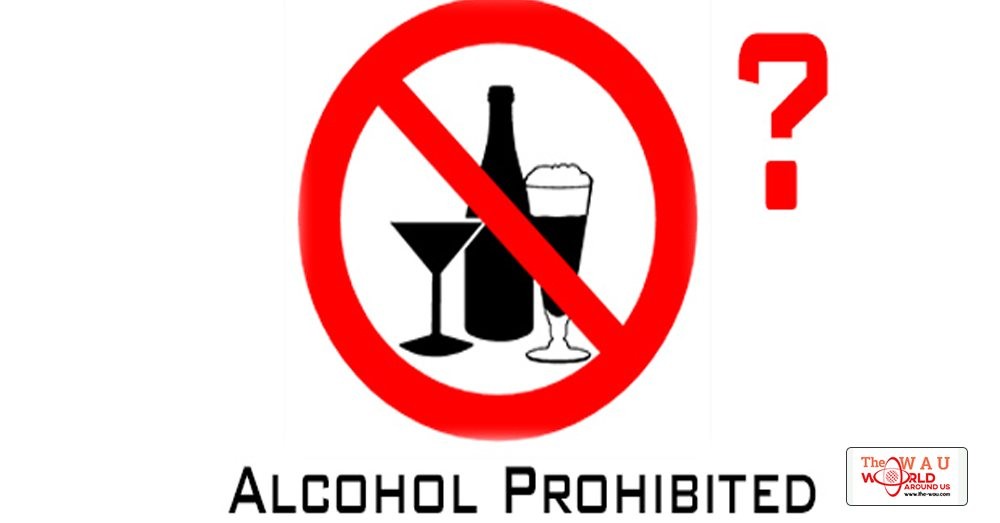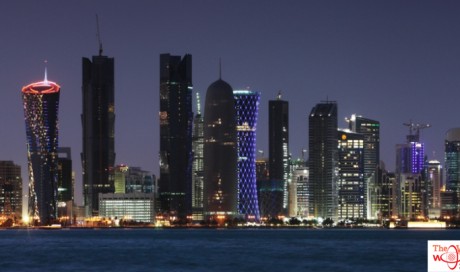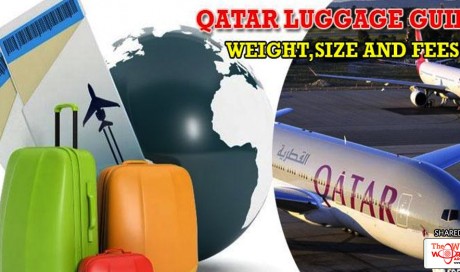Question
Muslims don't drink alcohol or use alcohol-based products when cooking. Why is alcohol forbidden in Islam?
Answer
Alcohol and other intoxicants are forbidden in the Quran, as they are a bad habit that drive people away from the remembrance of God. Several different verses address the issue, revealed at different times over a period of years. A complete ban on alcohol is widely accepted among Muslims, as part of wider Islamic dietary law.
Gradual Approach
The Quran did not ban alcohol from the beginning. This is considered to be a wise approach by Muslims, who believe that Allah did so in His wisdom and knowledge of human nature -- quitting cold turkey would be difficult as it was so ingrained in society at the time.
The first verse of the Quran that was revealed on the topic forbade Muslims from attending prayers while intoxicated (4:43). Interestingly, a verse revealed thereafter acknowledged that alcohol contains some good and some evil, but "the evil is greater than the good" (2:219).
This has since proven to be true in various research studies on the effects of alcohol on health.
Thus, the Quran took several initial steps towards steering people away from the consumption of alcohol. The final verse to be revealed took an unequivocal tone, finally forbidding it outright. "Intoxicants and games of chance" were called "abominations of Satan's handiwork," intended to turn people away from God and forget about prayer, and Muslims were ordered to abstain (5:90-91). (Note: The Quran is not arranged chronologically, so the verse numbers are not in order of revelation. Later verses were not necessarily revealed after earlier verses.)
What are "Intoxicants"?
In the first verse cited above, the word for "intoxicated" is sukara which is derived from the word "sugar" and means drunk or intoxicated. That verse doesn't mention the drink which makes one so. In the next verses cited, the word which is often translated as "wine" or "intoxicants" is al-khamr, which is related to the verb "to ferment." This word could be used to describe other intoxicants such as beer, although wine is the most common understanding of the word.
Muslims interpret these verses in total to forbid any intoxicating substance -- whether it be wine, beer, gin, whiskey, or whatever. The result is the same, and the Quran outlines that it is the intoxication, which makes one forgetful of God and prayer, which is harmful. Over the years, the understanding of intoxicating substances has come to include more modern street drugs and the like.
The Prophet Muhammad also instructed his followers, at the time, to avoid any intoxicating substances -- (paraphrased) "if it intoxicates in a large amount, it is forbidden even in a small amount." For this reason, most observant Muslims avoid alcohol in any form, even small amounts that are sometimes used in cooking.
Buying, Serving, Selling, etc.
The Prophet Muhammad also warned his followers that participating in the alcohol trade is also forbidden, cursing ten people: "...the wine-presser, the one who has it pressed, the one who drinks it, the one who conveys it, the one to whom it is conveyed, the one who serves it, the one who sells it, the one who benefits from the price paid for it, the one who buys it, and the one for whom it is bought." For this reason, many Muslims will decline to work in positions where they must serve or sell alcohol.
Share This Post















